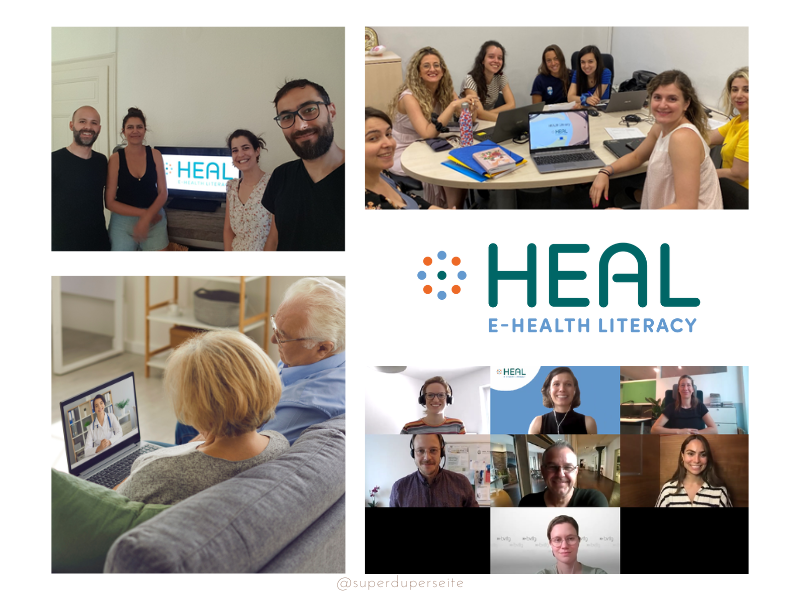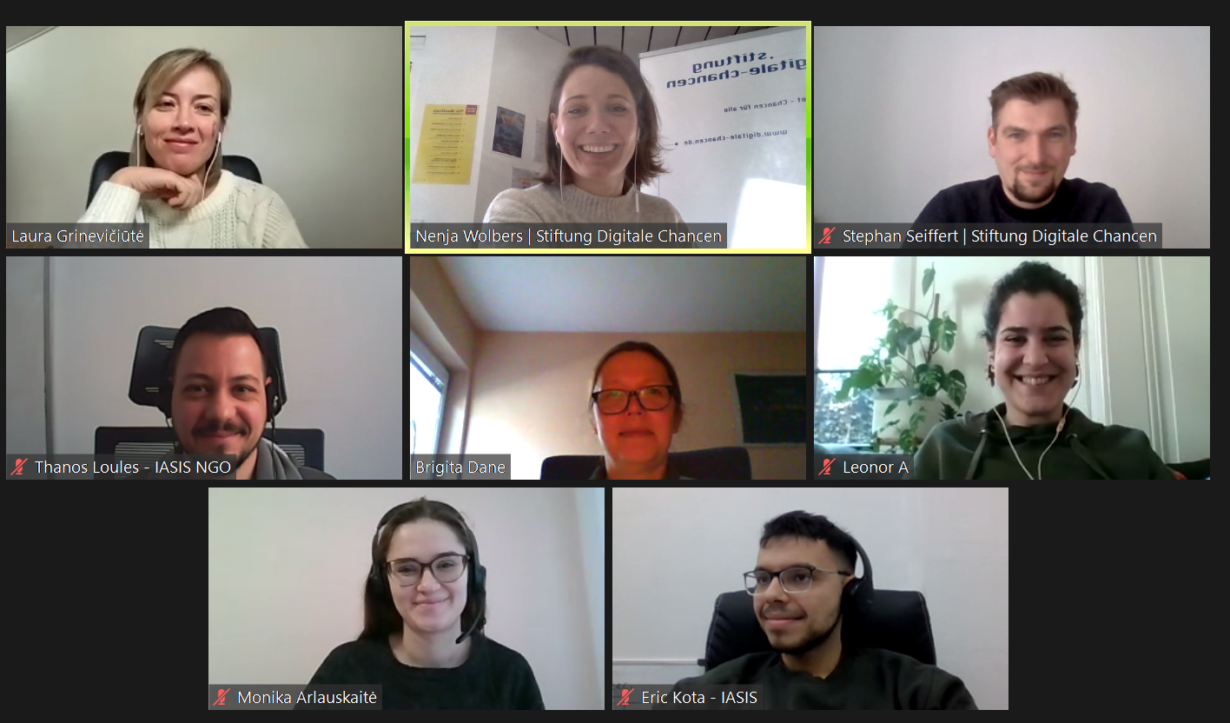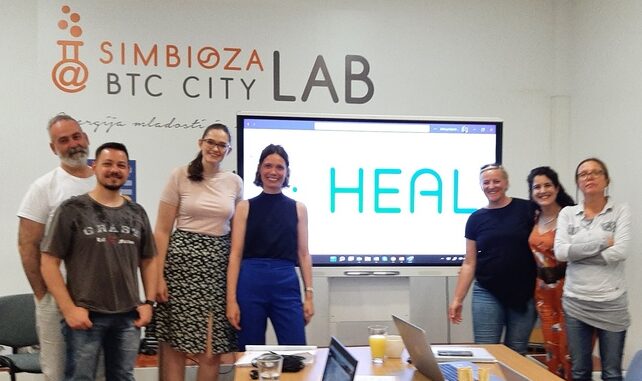
The digital transformation has influenced and changed all areas of society. One of the areas still in transition is the healthcare. From tracking and managing health data to online diagnosis, e-health developments are gradually entering our lives. The Covid 19 pandemic showed how useful tracking apps are in containing the spread of a virus. And the benefits are many: people living in rural areas receive better medical care via telemedicine, seniors can live at home longer with the help of sensors and smart home devices, health and fitness apps help people exercise, drink water, eat healthier. And yet many people do not use these e-health services, as the download numbers of Covid tracking apps have shown. For example, in Germany, around 26 million people downloaded the Corona Warn App, which represents only 31 % of the population (Statista, 2021).
According to the European Commission eHealth Action Plan 2012-2020, one of the main barriers to the development of e-health is the lack of awareness, trust and ability to find, understand and appraise online health information – and to apply this knowledge to make health decisions, as well to trust e-health solutions.
The project “E-HEALth Literacy”, short HEAL, is co-funded by the European Union in the Erasmus+ program and has the objective to have an impact on individuals’ usage of e-health applications and services in a way that will benefit their life situation and health. In order to do so, it was important to start the project by understanding exactly how these issues are perceived and experienced in Germany, Switzerland, Slovenia, Lithuania and Greece. Thus, to better understand what the common needs and what are the common points between the partner countries are when it comes to opportunities to develop e-health competences, an overview of the state of the art (Desk Research) and a deep interviews (Field Research) were conducted in each country. The first step was to understand what the resources, initiatives and communities are already working in each country. As an example, in Switzerland, I-DAIR has identified that the challenge ahead is to bring quantitative and qualitative benchmarks together for digital health innovation to scale responsibly. It is also equally important to retain human agency as health assessments and interventions get digitized. In Germany, there is a difference between regulated, certified health apps (DiGa) and apps that promote health and fitness. The implications of this difference must be understood by the user.
The findings from the Desk Research allowed us to create a guided interview template to be used in the Field Research. A focus group interview was conducted in each country to better explore the different national realities. The results of the focus groups will be used as basis for the development of a online repository, a toolkit and a netiquette. Therefore, the partners have chosen a variety of experts from different fields: health policy experts, representatives of the competent ministry, application developers, and non-governmental organizations active in the field of e-health, health workers, health insurance representatives, developers and providers of e-health services as well as users of these services.
Conclusions of the Research
When it comes to health, it is clear that “there isn’t one solution. Health and the path to health is a process”. More communication, collaboration, and call for action/personal engagement/ownership are deeply needed. “We need to empower patients and professionals to share the responsibility of the treatment” in a way that promotes autonomy and trust in the digital health services and tools, so the experts.
The current changes are seen by the participants of the focus groups as an improvement for the health system: the patient will receive the sovereignty over the health data (especially with the digital patient file). That means that if the patient wants they will have access to the medical reports as well as an overview of medication and their health history. They can grant access to the doctors who can then better understand the medical history of a person. This is considered a big step forward when it comes to patients’ autonomy by the experts. In order to use this autonomy, patients need to have the knowledge and skills to make educated decisions, all focus group participants agreed.
Based on the results of the desk research and the discussions on e-health, it can be concluded that on the side of the consumers the hesitation to use e-helath services stems from a general lack of digital literacy, accessibility to appropriate equipment and fear of the unknown. The project’s goal is to support citizens in experiencing the benefits and usability of digital health applications and to empower them in becoming sovereign owners of the their health data.
Because the people who will benefit the most from e-health services are a heterogeneous group, there is not one group of professionals who stands out to facilitate these services. We need volunteers and full-time staff to be ready to teach citizens about e-health. That can be health professionals, digital experts but also librarians and neighbourhood counselors who work with adults and support them with their first and second steps into the digital world. In order to support and empower these multipliers, the HEAL project develops a training kit that will qualify them to become »e-health guides«.
In 2023, the project will offer a training kit for multipliers to become “e-health guides”.

